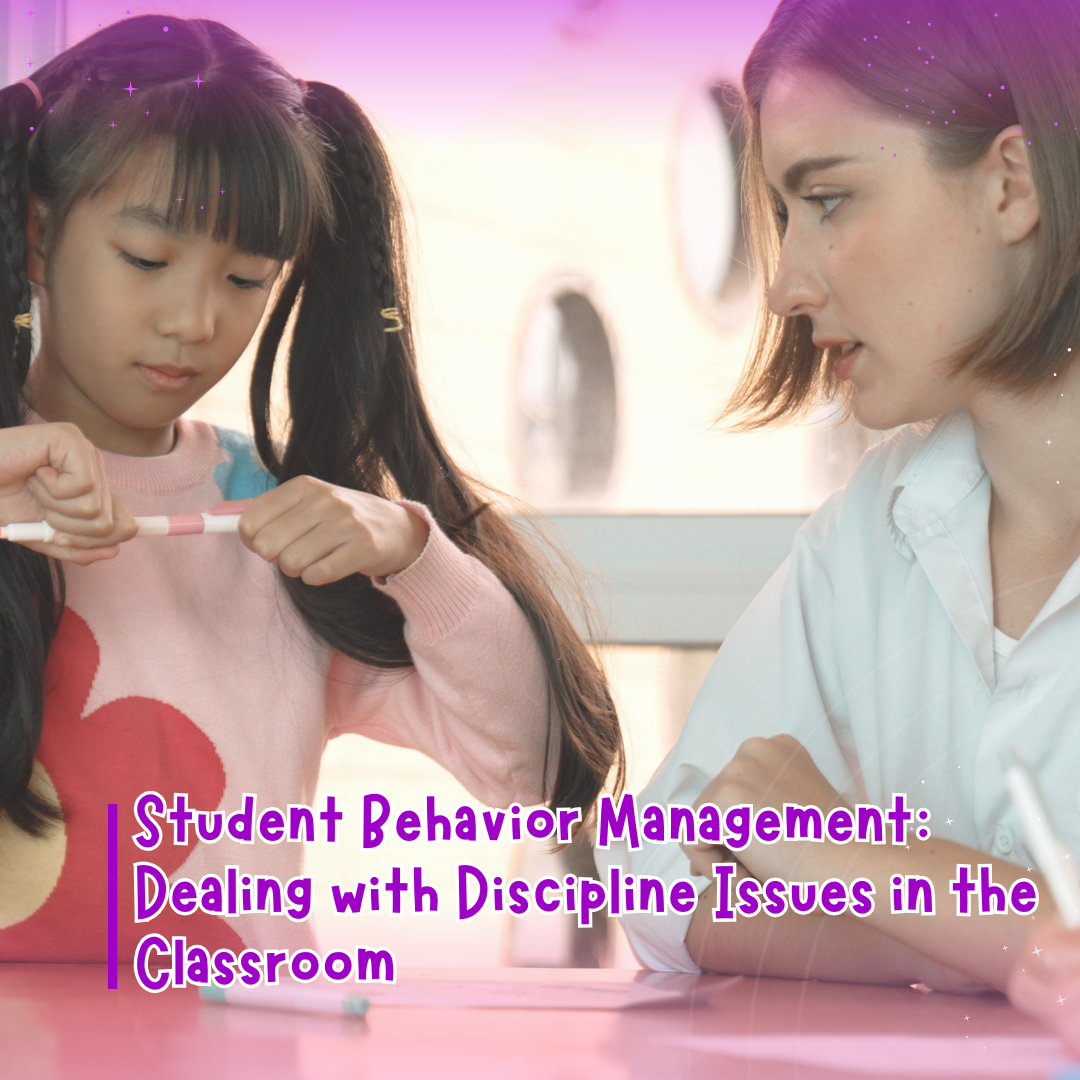Teaching is one of the most rewarding professions, but it comes with its challenges—one of the most significant being the overload of paperwork. From lesson planning to grading, and managing administrative tasks, teachers often find themselves bogged down by endless documentation. This burden can take a toll on teachers’ mental health, leading to stress, burnout, and reduced job satisfaction. In this post, we explore the impact of paperwork overload on mental health for teachers and offer strategies for managing administrative tasks effectively.
The Growing Burden of Teacher Paperwork Overload
While teaching is primarily about educating students, the reality is that much of a teacher’s time is spent on non-teaching tasks. This includes grading assignments, filling out reports, documenting student progress, and attending meetings. As these tasks accumulate, teachers find themselves overwhelmed by the sheer volume of paperwork they must handle in addition to their primary teaching duties.
Administrative Tasks That Contribute to Overload
Teachers are responsible for a variety of administrative tasks, including:
- Filling out attendance records
- Writing individualized education plans (IEPs)
- Documenting behavior reports
- Completing lesson plans and curriculum updates
- Managing communication with parents and school administration
- Grading homework, tests, and projects
While these tasks are essential, the sheer volume can quickly become overwhelming, leaving teachers with little time to focus on their personal well-being or creative aspects of teaching.
The Emotional Toll of Paperwork
Teacher paperwork overload doesn’t just affect time—it impacts emotional well-being. The constant pressure to stay on top of paperwork can lead to feelings of frustration, anxiety, and even inadequacy, particularly when tasks pile up. This can ultimately contribute to stress in education, affecting both the mental and physical health of teachers.
How Paperwork Affects Teachers’ Mental Health
Managing endless administrative tasks has a direct impact on the mental health of teachers. When teachers spend more time on paperwork than they do on teaching or engaging with students, it can lead to significant emotional stress.
Increased Stress and Burnout
One of the most common effects of paperwork overload is increased stress. Teachers who are constantly juggling administrative tasks with their teaching responsibilities often feel like there are not enough hours in the day. This sense of being overwhelmed can lead to chronic stress, and in extreme cases, burnout.
Burnout, characterized by emotional exhaustion, depersonalization, and reduced personal accomplishment, is becoming increasingly common among educators. When teachers are burned out, it not only affects their personal well-being but also their effectiveness in the classroom.
Reduced Job Satisfaction
Teachers enter the profession with a passion for helping students learn and grow. However, when paperwork takes over their workday, that passion can diminish. Endless administrative tasks can make teachers feel disconnected from the core purpose of their job, leading to a decline in job satisfaction.
Physical Health Impacts
The mental health impacts of paperwork overload can also manifest physically. Stress is linked to numerous health issues, including headaches, fatigue, and sleep disturbances. Teachers who are constantly stressed may also experience weakened immune systems, making them more susceptible to illness.
Strategies for Managing Administrative Tasks as a Teacher
While the demands of paperwork may not disappear entirely, there are strategies teachers can use to manage administrative tasks more effectively. By finding ways to streamline paperwork, teachers can reduce stress and protect their mental health.
1. Prioritize Tasks
One of the most effective ways to manage paperwork overload is to prioritize tasks based on urgency and importance. Teachers can create a to-do list that ranks tasks in order of priority. Tackling high-priority tasks first ensures that the most critical work is completed on time, reducing feelings of overwhelm.
2. Set Time Blocks for Paperwork
Rather than letting paperwork take over the day, teachers can set aside specific time blocks dedicated solely to completing administrative tasks. For example, teachers might reserve 30 minutes at the beginning or end of the day for grading, lesson planning, or responding to emails. This structured approach helps keep paperwork under control without eating into teaching time.
3. Utilize Technology for Efficiency
There are many digital tools available that can help streamline administrative tasks. Tools like Google Classroom, grading apps, and online lesson planning platforms allow teachers to manage assignments, grades, and communication more efficiently. These tools can significantly reduce the amount of time spent on paperwork and help teachers stay organized.
4. Delegate Where Possible
Teachers don’t have to do everything alone. Delegating tasks where appropriate, such as having students assist with classroom organization or enlisting teaching assistants for grading, can ease the burden of paperwork. Additionally, teachers can collaborate with colleagues to share resources and lesson plans, reducing the amount of time spent on preparation.
5. Set Boundaries
It’s important for teachers to set clear boundaries between work and personal time. Establishing a set time to stop working each day and sticking to it helps prevent burnout. Teachers should also avoid taking home unnecessary paperwork, ensuring that they have time to recharge and focus on their personal well-being outside of school hours.
The Role of School Leadership in Reducing Paperwork Overload
While individual strategies can help, school leadership also plays a crucial role in reducing paperwork overload. Administrators should be mindful of the administrative demands placed on teachers and look for ways to streamline or reduce unnecessary paperwork.
Support from Administrators
School leaders can support teachers by providing administrative assistance, offering professional development on time management, and implementing school-wide policies that reduce redundant paperwork. Open communication between teachers and administrators is key to identifying areas where tasks can be streamlined or eliminated.
Encouraging Mental Health Awareness
Promoting mental health awareness within schools is essential for creating a supportive environment. Administrators can foster a culture of well-being by encouraging teachers to seek help when they’re feeling overwhelmed, offering access to counseling services, and ensuring that mental health is prioritized at all levels of the school.
Conclusion
Endless paperwork can have a profound impact on the mental health of teachers, contributing to stress, burnout, and decreased job satisfaction. By implementing effective strategies for managing administrative tasks and seeking support from school leadership, teachers can better navigate the challenges of paperwork overload. Prioritizing mental health is essential for teachers to maintain balance and continue providing high-quality education to their students.






